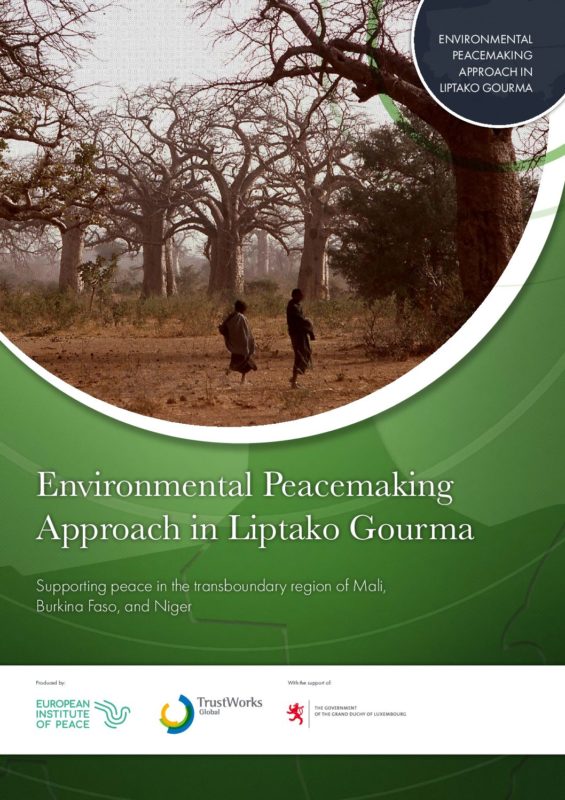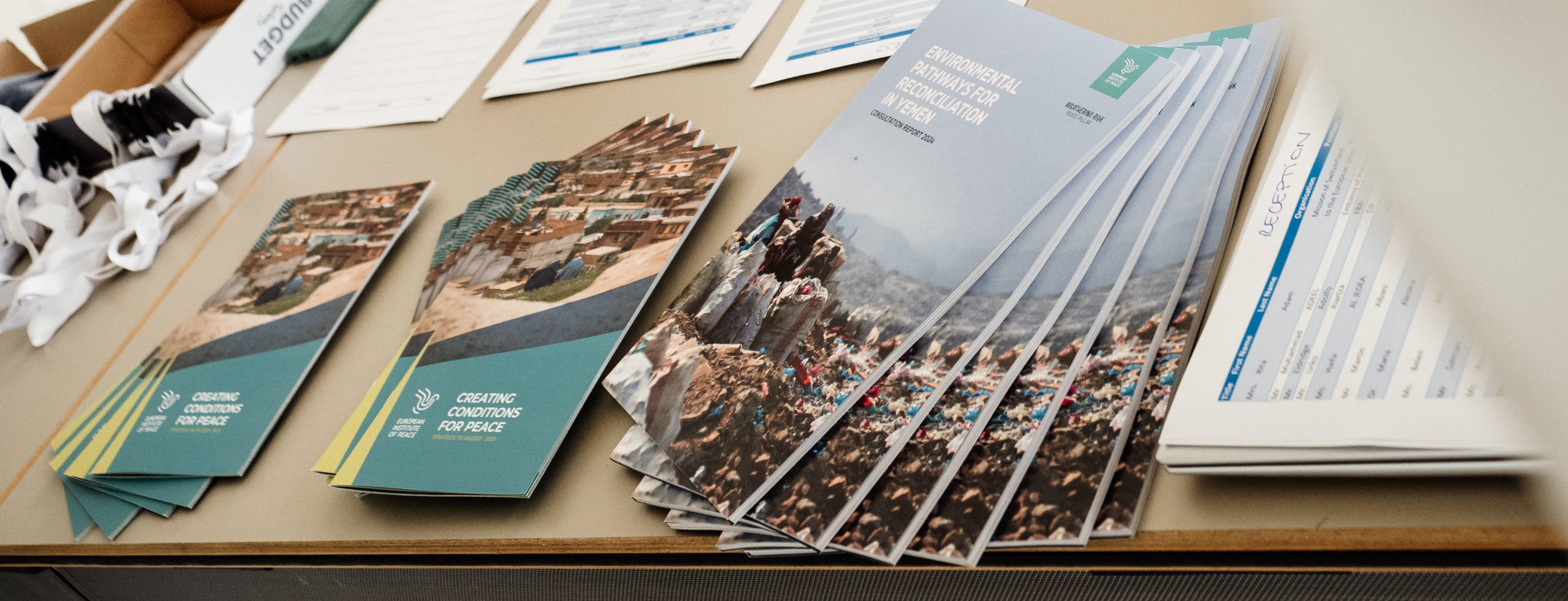Environmental Peacemaking Approach in Liptako Gourma: Supporting Peace in the Transboundary Region of Mali, Burkina Faso, and Niger

This paper outlines a rationale, a set of principles and possible entry points for an environmental peacemaking approach in The Liptako Gourma region of the Sahel. This strategy aims to foster peace by addressing and mitigating environmental conflicts.
As climate change progressively emerges as an additional challenge to our collective capacity to prevent and manage crises, mediators must increasingly factor in its short-, medium-, and long-term implications on conflict. It is, therefore, crucial to recognise environmental issues as potentially constructive entry points to peacemaking approaches. Incorporating environmental issues into a mediation process can contribute to its resolution by establishing the groundwork for a more sustainable peace and creating mechanisms for future collaboration. In this context, Environmental Peacemaking aims to enhance the prevention and resolution of conflicts by specifically addressing underlying factors linked to climate, environmental issues, and natural resource drivers.
The Sahel’s Liptako Gourma region holds significant potential to benefit from the environmental peacemaking approach given its population’s dependency on shared natural resources, whose rapidly increasing scarcity contributes to threatening ancestral ways of life, exacerbating tensions between communities and functions both as a contributor to and a victim of the widespread insecurity prevailing across the Sahel.
Based on this concept, the approach strives to improve peacemaking and cooperation by recognising the interconnectedness of conflict and ecosystems on the one hand, and that natural resources, environmental degradation, and climate change contribute to the root causes of conflict in Mali, Burkina Faso, and Niger on the other. The approach aims to contribute to a foundation for sustainable and lasting environmental peace through information-sharing,
dialogue, mediation, and collaboration.
This document should not be considered a roadmap. It intends to serve as a source of inspiration for local, national, and regional actors to draw upon, tailor and incorporate environmental components in the design and implementations of strategies, roadmaps, and action plans related to the promotion of dialogue, practice of mediation, design of peace processes, and brokering of agreements.

